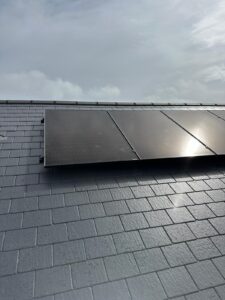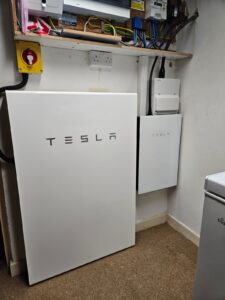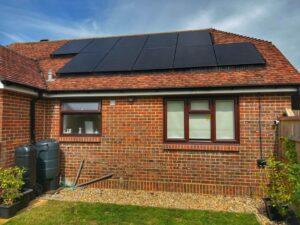Investing in solar panels is a fantastic way to reduce your electricity bills and lower your carbon footprint. But to truly maximise the benefits of your solar system, it’s important to adopt smart strategies for both generating and using solar energy throughout the year. In this blog post, we’ll share practical tips on how to get the most out of your solar system, including the use of batteries, off-peak charging, and efficient energy usage.
1. Optimise Your Solar Generation
The first step in maximising your solar energy is ensuring that your system is generating as much power as possible. Here are a few ways to do this:
Regular Maintenance: Keep your solar panels clean and free from obstructions like dirt, leaves, or snow. Regular maintenance helps ensure that your panels are capturing the maximum amount of sunlight.
Seasonal Adjustments: The angle of the sun changes throughout the year, affecting the amount of sunlight your panels receive. Consider adjusting the tilt of your panels (if they’re mounted on a flat roof or a ground-mounted system) to optimise solar capture during different seasons.
Monitor Performance: Use a solar monitoring system to track your solar generation. If you notice a drop in performance, it could be a sign that your panels need cleaning or maintenance, or that there’s an issue with the system that needs attention.
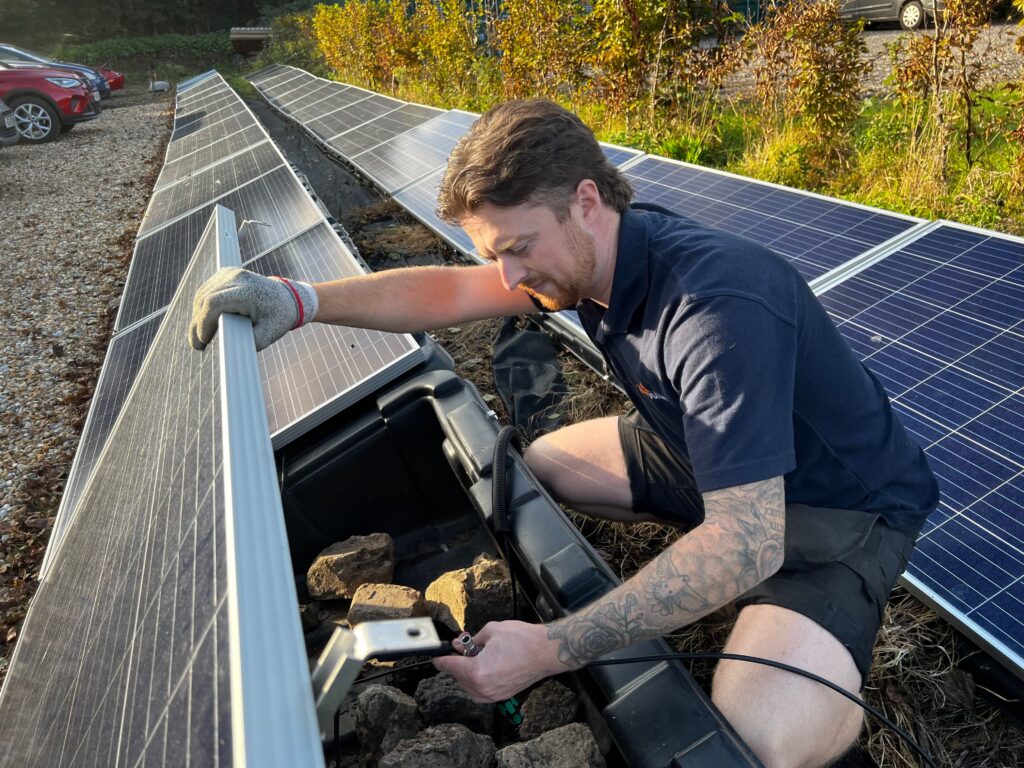
2. Use High-Consumption Appliances During Peak Production Hours
One of the best ways to maximise your solar usage is to align your energy consumption with your solar production. Solar panels generate the most electricity during the middle of the day when the sun is at its highest. Here’s how you can take advantage of this:
Run High-Consumption Appliances During the Day: Appliances like washing machines, dishwashers, and tumble dryers consume a significant amount of electricity. By running these during peak solar production hours (typically between 10 AM and 4 PM), you can use the electricity generated by your solar panels directly, reducing the amount of power you need to draw from the grid.
Schedule Energy-Intensive Tasks: If your lifestyle permits, try to schedule energy-intensive tasks, such as cooking, vacuuming, or charging electric vehicles, during peak sunlight hours. Many modern appliances have timers or delay start features that make this easier.
Smart Home Technology: Consider investing in smart home technology that can automatically shift the operation of certain appliances to times when solar production is highest. This technology can help you maximise solar usage with minimal effort.
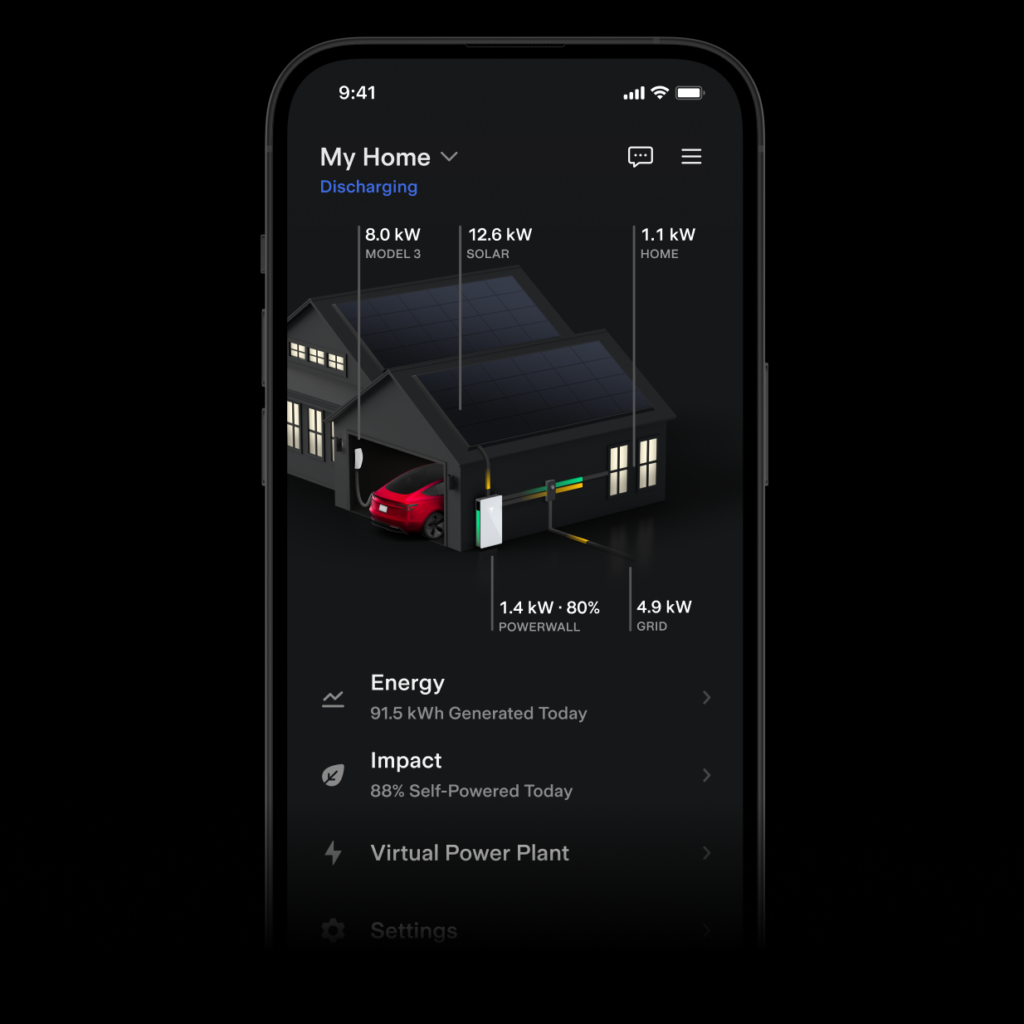
3. Store Excess Energy with a Battery
While using electricity during peak solar production hours is ideal, it’s not always possible to align your energy usage with your system’s output. This is where a solar battery comes in handy:
Store Excess Solar Energy: A solar battery stores the excess electricity generated by your panels that isn’t immediately used by your home. This stored energy can then be used during the evening or on cloudy days when your solar panels aren’t producing enough electricity.
Increase Self-Consumption: By using stored solar energy instead of drawing power from the grid, you increase your solar self-consumption, which can significantly lower your electricity bills. This is especially beneficial during the winter months when solar production is lower, but your home’s energy needs may be higher.
Backup Power: If your battery is configured with a backup terminal, it can provide power during a grid outage, keeping your essential appliances running and giving you peace of mind during power cuts.
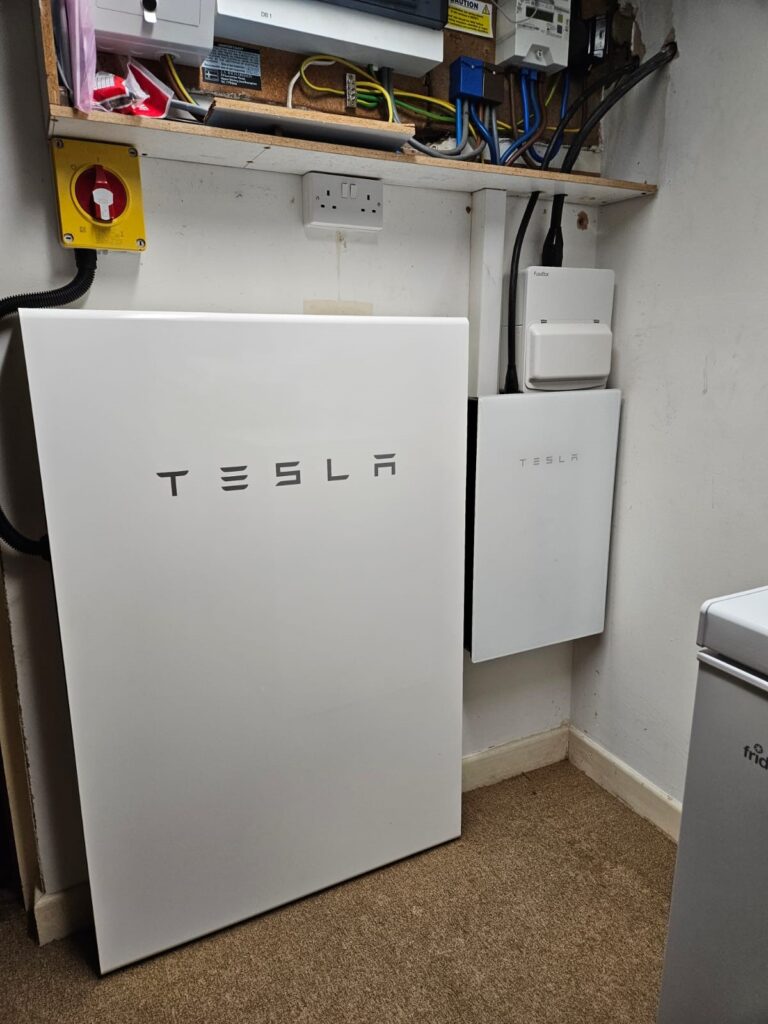
4. Charge Your Battery Overnight on an Off-Peak Tariff
In addition to storing solar energy, you can also charge your battery overnight using cheaper off-peak electricity. Here’s how this strategy works:
Off-Peak Tariffs: Many electricity providers offer off-peak tariffs, where electricity is cheaper during certain hours, typically late at night or early in the morning. If your solar battery is capable of charging from the grid, you can take advantage of these lower rates to charge your battery overnight.
Use Stored Energy During Peak Hours: By charging your battery during off-peak hours and using the stored energy during the day (especially during peak electricity rates), you can further reduce your reliance on the grid and save money on your electricity bills.
Balancing Solar and Off-Peak Charging: Ideally, you’ll want to maximise the use of solar-generated energy first. However, during periods of low solar production (such as in the winter or on very cloudy days), off-peak charging can help ensure that your battery is full and ready to supply your home with low-cost electricity when you need it most.
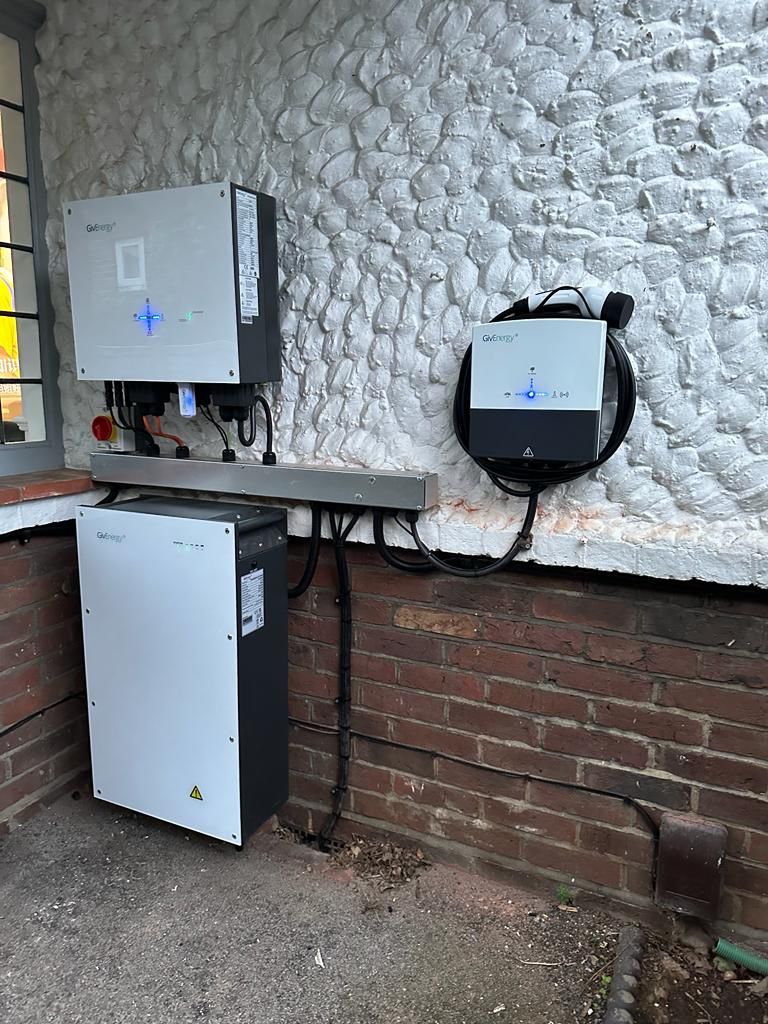
5. Plan for Seasonal Variations
Solar generation naturally varies with the seasons, so it’s important to plan your energy usage accordingly:
Summer: During the summer, when solar production is at its highest, focus on using and storing as much solar energy as possible. Run appliances during the day, store excess energy in your battery, and export any additional surplus to the grid to earn SEG payments.
Winter: In the winter, solar production is lower, so your system may not generate enough electricity to cover all your needs. This is when off-peak charging can be particularly useful. Make the most of the electricity generated by your solar panels during the day, and rely on stored energy or off-peak grid power to meet your needs during the night or on cloudy days.
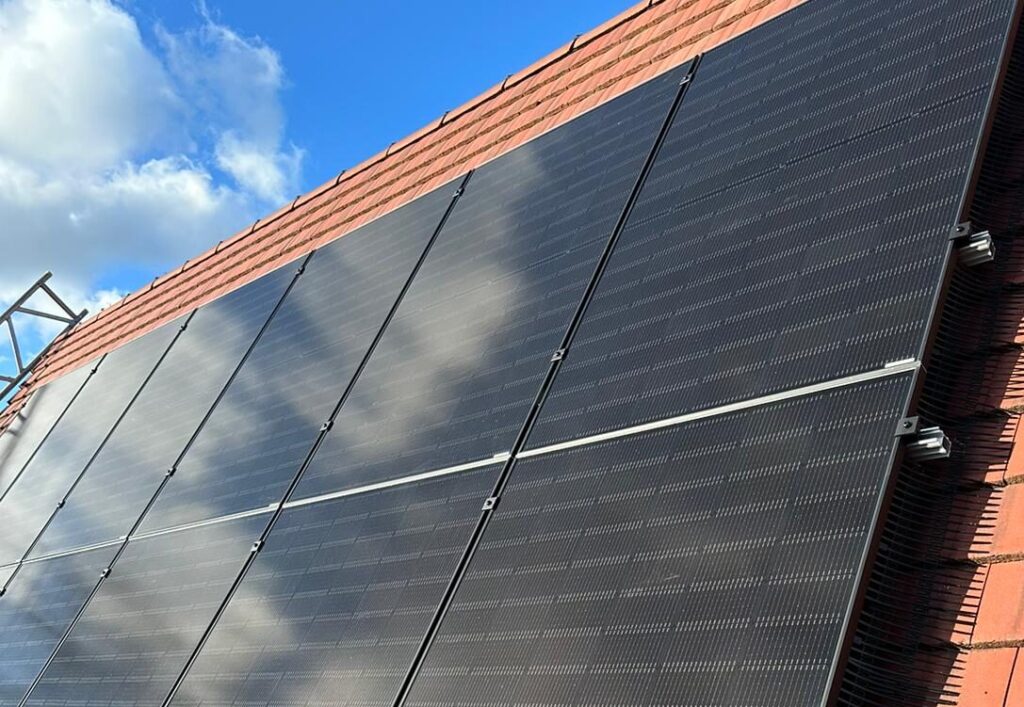
Maximising Your Solar Investment
By following these strategies, you can maximise your solar generation and usage all year round, making the most of your investment in solar energy. Whether it’s through smart energy usage, battery storage, or off-peak charging, these tips will help you reduce your electricity costs, increase your energy independence, and enjoy the full benefits of your solar system.
At Solar Voltaics, we’re here to help you every step of the way. Whether you’re just starting your solar journey or looking to optimise an existing system, our team is ready to assist you with expert advice and top-quality solar solutions. Contact us today to learn more about how we can help you maximise your solar potential!

